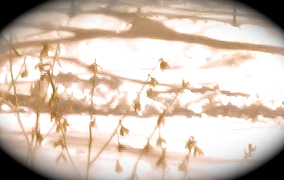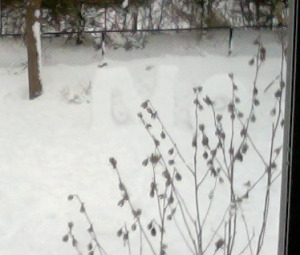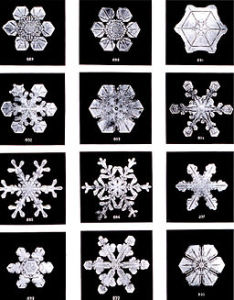Parable of the Widow and the Unjust Judge Luke 18:1-8 (NRSV)
Then Jesus told them a parable about their need to pray always and not to lose heart. He said, “In a certain city there was a judge who neither feared God nor had respect for people. In that city there was a widow who kept coming to him and saying, ‘Grant me justice against my opponent.’ For a while he refused; but later he said to himself, ‘Though I have no fear of God and no respect for anyone, yet because this widow keeps bothering me, I will grant her justice, so that she may not wear me out by continually coming.’” And the Lord said, ‘ Listen to what the unjust judge says. And will not God grant justice to his chosen ones who cry to him day and night? Will he delay in helping them? I tell you, he will quickly grant justice to them. And yet, when the Son of Man comes, will he find faith on earth?”
This has been my parable of choice lately, keeping me hopeful and diligent as I work to keep my local library open. The board of selectmen reduced a thriving town service to a decertified, eighteen hour a week ghost of the library’s former self. No matter that it’s a necessity to townspeople of all ages and a resource for surrounding towns. No matter that hundreds get a head start on learning at every story hour, are guided through their first research projects, apply for jobs on the computers, borrow books and movies, and prepare for high school equivalency tests. It doesn’t seem to affect the selectmen directly and it will be years before test scores dip because the library isn’t adequately funded.
Library supporters attend the weekly selectmen’s meetings. They speak up, telling the town leaders why the library is important – and why crippling it does the town an injustice. No yelling or name calling, just a steady, constant plea for restoring a vital service to the town. The selectmen are sick of hearing about it – when a thirteen year old spoke, they didn’t bother to thank her for her time and interest in town services. Rude behavior if not outright unjust action.
Yet, it’s working. There’s a long way to go, but some movement in the right direction. Not because of a change of heart or a sudden epiphany – it’s just something the town officials are sick of hearing about. With enough patience, justice and common sense will prevail.
It makes me wonder about the unjust judge. Does he really have no fear of God or respect for anyone, or is he just looking for an excuse to do the right thing? Perhaps the same can be said about my town leaders. I have faith that it is so.



